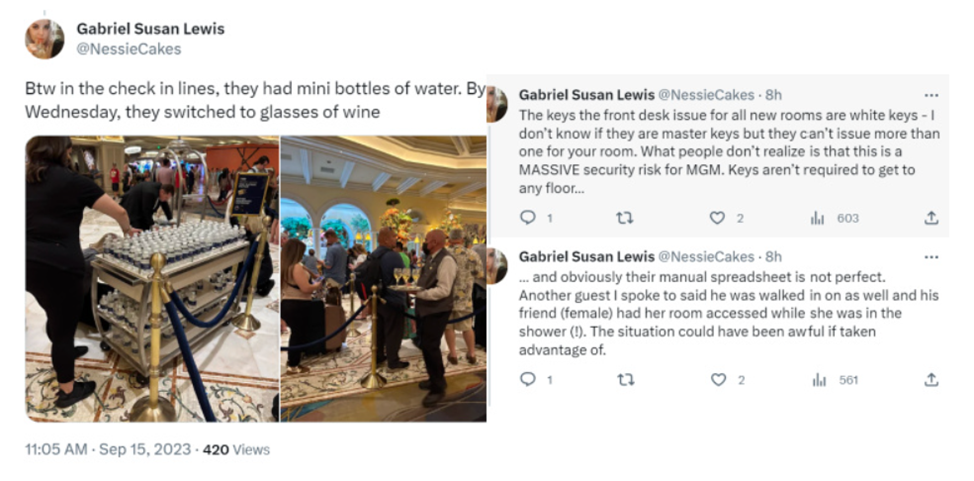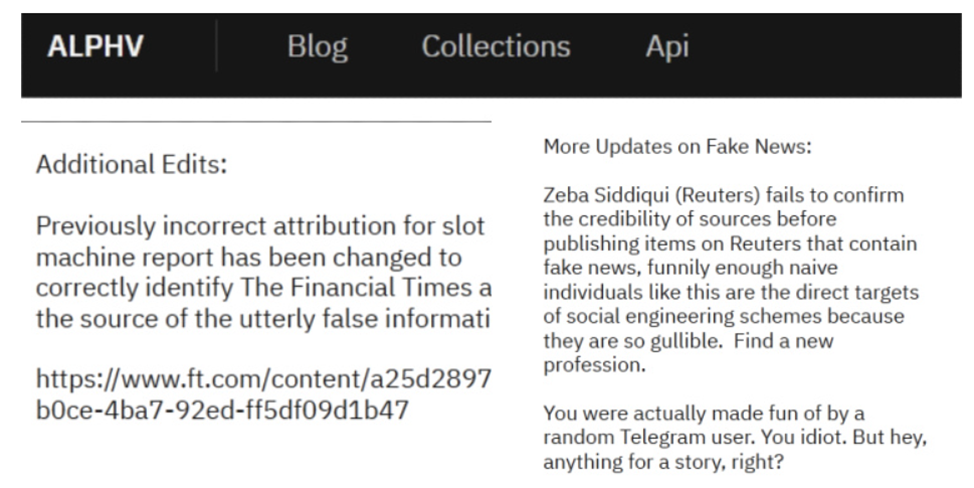Carding
Professional
- Messages
- 2,870
- Reaction score
- 2,494
- Points
- 113
Everything that happened in Vegas suddenly became public knowledge.
Caesars Entertainment paid "tens of millions of dollars" to hackers who broke into the company's systems and threatened to publish confidential customer data.
Caesars Entertainment is reportedly planning to disclose more details about the cyberattack in upcoming regulatory filings. It is noteworthy that the events unfolded right on the background of a similar attack on another giant of the entertainment industry in Las Vegas-MGM Resorts International.
Behind the attack, according to sources, is a hacker group known as Scattered Spider or UNC3944. Cybersecurity experts note that members of this group are proficient in social engineering techniques for accessing corporate networks. In the case of Caesars Entertainment, hackers allegedly first hacked into an external IT provider to gain access to the company's network.
Information that hackers attacked Caesars Entertainment, appeared on August 27. According to the researchers, the members of the hacker group responsible for hacking are young people aged 19 and over, living in the United States and the United Kingdom.
Ransomware groups often demand a cash ransom in cryptocurrency. But if earlier they simply blocked files on victims ' computers and provided a key to decrypt them after payment, now they are increasingly simply stealing data and demanding a ransom, threatening to publish them.
It is unlikely that an institution with large daily revenues and serious customers who are likely to want to remain anonymous needs such reputational risks, so the logic of the casino's actions can be understood.
Usually, cybersecurity experts do not recommend companies to pay ransom to hackers, as the latter may simply not keep their word, still leaking valuable data to third parties. Or a publicly reported case may attract other cybercriminals who may also try to attack this organization, knowing that it is willing to pay ransoms of any size.
Caesars Entertainment paid "tens of millions of dollars" to hackers who broke into the company's systems and threatened to publish confidential customer data.
Caesars Entertainment is reportedly planning to disclose more details about the cyberattack in upcoming regulatory filings. It is noteworthy that the events unfolded right on the background of a similar attack on another giant of the entertainment industry in Las Vegas-MGM Resorts International.
Behind the attack, according to sources, is a hacker group known as Scattered Spider or UNC3944. Cybersecurity experts note that members of this group are proficient in social engineering techniques for accessing corporate networks. In the case of Caesars Entertainment, hackers allegedly first hacked into an external IT provider to gain access to the company's network.
Information that hackers attacked Caesars Entertainment, appeared on August 27. According to the researchers, the members of the hacker group responsible for hacking are young people aged 19 and over, living in the United States and the United Kingdom.
Ransomware groups often demand a cash ransom in cryptocurrency. But if earlier they simply blocked files on victims ' computers and provided a key to decrypt them after payment, now they are increasingly simply stealing data and demanding a ransom, threatening to publish them.
It is unlikely that an institution with large daily revenues and serious customers who are likely to want to remain anonymous needs such reputational risks, so the logic of the casino's actions can be understood.
Usually, cybersecurity experts do not recommend companies to pay ransom to hackers, as the latter may simply not keep their word, still leaking valuable data to third parties. Or a publicly reported case may attract other cybercriminals who may also try to attack this organization, knowing that it is willing to pay ransoms of any size.



